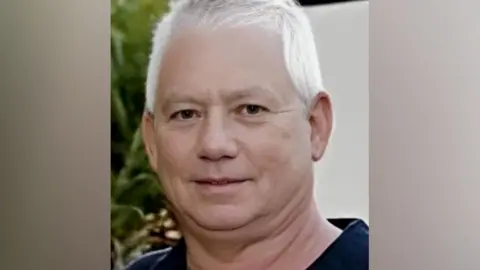Clark Olofsson, remembered as one of the pivotal figures in the 1973 Stockholm bank robbery that birthed the term "Stockholm syndrome," has died at the age of 78, as confirmed by his family to the media outlet Dagens ETC. Olofsson gained notoriety when he became embroiled in a hostage crisis that saw captives develop an unsettling affinity for him and his accomplice rather than the authorities who sought to rescue them.
During a six-day standoff, Olofsson's hostages, including Kristin Enmark, began to sympathize with their captors, expressing concerns for their well-being over that of the police outside. This phenomenon would later be coined Stockholm syndrome by criminologist Nils Bejerot, who sought to explain the psychological bond that sometimes forms between captives and their captors.
The hostage situation commenced when Jan-Erik Olsson, another criminal, took several individuals hostage and insisted Olofsson—whom he knew from prison—be brought to the bank. Olofsson's arrival ignited the evolving dynamics between captives and captors, wherein Enmark, age 23 at the time, proclaimed her trust in Olofsson during phone calls with authorities. She famously insisted that “they haven’t done a thing to us,” indicating the false sense of safety she felt in their presence.
After the police intervention concluded the siege, the hostages showed reluctance to separate from their captors due to fears of retaliation. They also later resisted testifying against Olofsson and Olsson, raising discussions about the complexities of survivor loyalty after traumatic events.
Years later, in interviews, Olofsson expressed that he had been offered a chance to ensure the safety of the hostages in exchange for a more lenient sentence, a claim he believed was not honored. While the Stockholm syndrome concept gained traction, its validity as a psychiatric condition remains disputed within expert circles, with some arguing it reflects survival instincts in dire circumstances.
Olofsson's legacy is complicated; he led a life punctuated by crime, repeatedly facing incarceration, and ultimately being released in 2018 after a drug-related sentence in Belgium. His story was dramatized in 2022 with actor Bill Skarsgård portraying him in the Netflix series "Clark."
As debates surrounding the nature of Stockholm syndrome and the narratives of survivors continue, Olofsson's story highlights enduring questions about trauma, authority, and the psychology of those caught in harrowing situations.





















